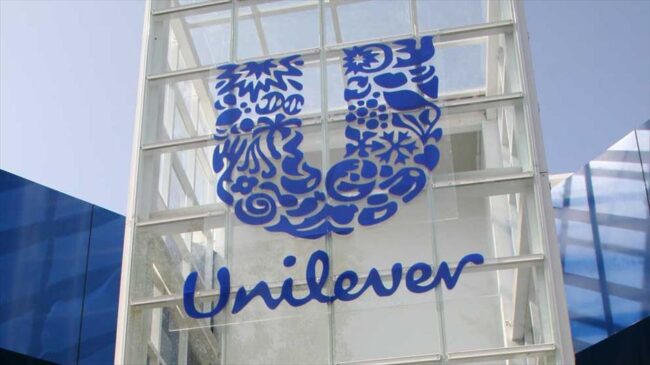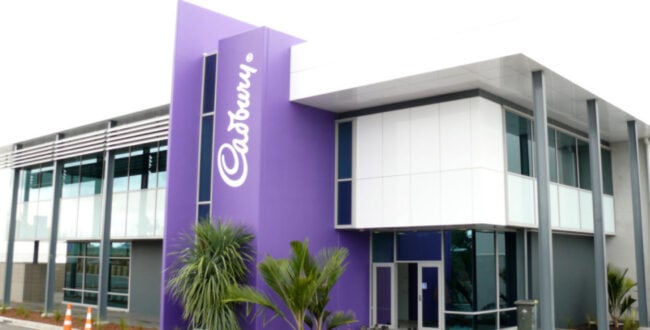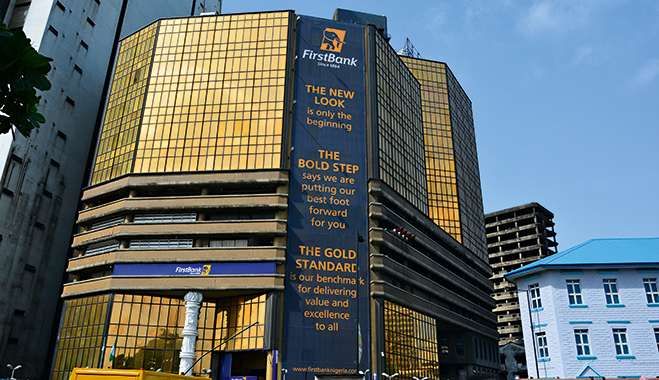Unilever Nigeria is maintaining its high speed growth in profit for the third year running after registering triple digit profit advances in 2016 and 2017. After tax profit was up by 55% year-on-year at the end of half year trading in June and the conglomerate looks confident to keep the pace, even improve it at full year.
The company attained a new profit high last year with over 142% leap and with another strong growth this year, prospects are good for a closing profit in excess of N11 billion in 2018. The profit growth drivers have changed however from accelerating revenue and moderating cost seen last year to a major shift from a net finance cost position to a net finance income status at the end of half year operations.
Sales revenue amounted to N48.12 billion for Unilever at the end of June, an increase of about 13% year-on-year. This is trailing the growth records of 18% and 30% the company recorded in 2016 and 2017 respectively. Turnover is expected to accelerate in the second half of the year to close in the region of N100 billion. The full year revenue growth may still slow down to 10% against the N91 billion record of 2017.
The company’s sales are generated from two broad market segments – food products and home and personal care. The food segment is leading revenue growth so far this year unlike in 2017 when home and personal care segment was the growth driver. The home and personal care segment remains the leading revenue line for the company, accounting for over 54% of sales revenue at the end of June.
Advertisement
Unilever Nigeria closed its half year operations with an after tax profit of N5.72 billion, an increase of 55.5% year-on-year. Profit growth is expected to speed up in the second half, particularly with seasonal sales in the final quarter. Last year, up to 35% of the full year profit of N7.45 billion was generated in the final quarter. If the pattern is repeated this year, a much stronger growth in profit than expected can be expected from Unilever Nigeria at full year.
Cost of sales is growing just slightly below sales revenue and therefore claimed a slightly reduced share of turnover at 68%. That permitted a marginal improvement in gross profit margin over the review period. At N15.32 billion, gross profit grew by 15.4% – ahead of the 13% gain in sales revenue.
Marketing/administrative expenses grew more than twice as fast as sales revenue at the end of half year and claimed virtually all the increase in sales revenue and cost saved from cost of sales. This is unlike last year when marketing/administrative expenses provided a major cost saving channel for the company.
Advertisement
Selling/distribution expenses grew at par with sale revenue and afforded no cost saving during the period. Operating profit was therefore flat at N6.2 billion at the end of June.
The big events on the company’s income statement during the review period came from major favourable shifts in its finance income and expenses. Finance income multiplied more than four times year-on-year to stand at over N1.5 billion at the end of June. Finance cost dropped sharply by 90% to N169 million over the review period. The company’s balance sheet debts have dropped to insignificant numbers.
The changes shifted the company’s position from a net finance cost of N1.28 billion to a net finance income of over N1.3 billion over the same period. The development provided the strength for a 57% leap in pre-tax profit to N7.54 billion at the end of June.
Net profit margin improved from 8.6% in the same period last year to 12% at the end of June 2018. This is a continuing gain in profit margin from 2% at the end of 2015 to 4.4% 2016 and further to 8.2% in 2017.
Advertisement
The company earned N1 per share at the end of June 2018 compared to 64 kobo in the same period last year. It earned N1.78 per share at the end of 2017 and raised its cash dividend from 10 kobo per share for 2016 operations to 50 kobo per share for 2017. At a closing price of N52.55 per share last week, Unilever is up N11.55 or 28% on December 2017 closing mark.
Add a comment






